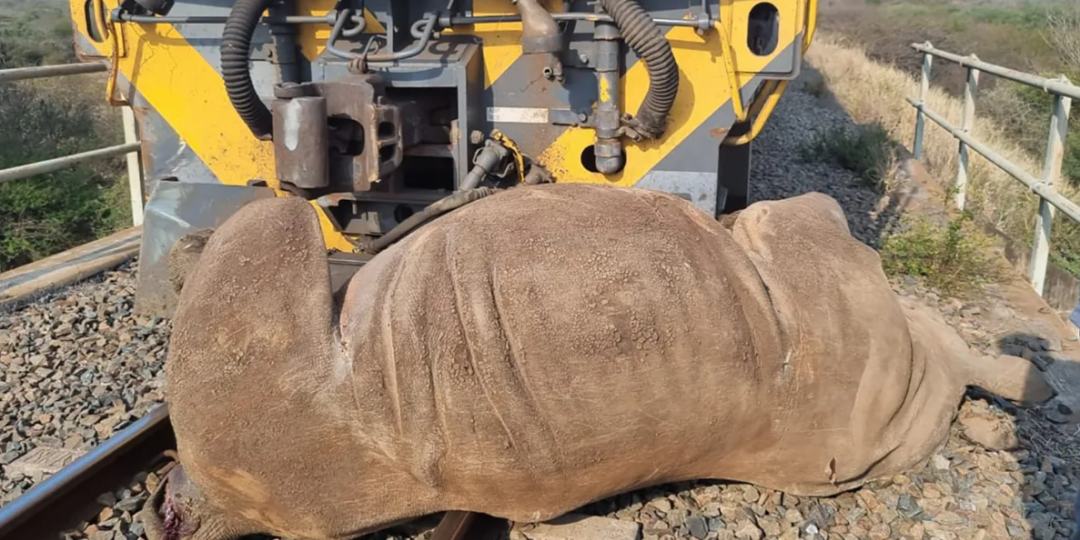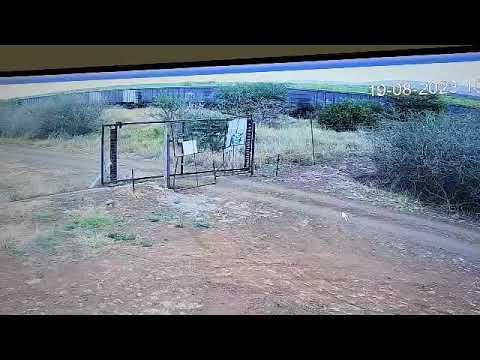Speeding coal trains operated by Transnet Freight Rail (TFR) killed two white rhinos, eight buffalos, six impalas and a wildebeest – all in one day.
A giraffe that collided with a locomotive lost a leg in the incident and had to be euthanised, bringing the overall number of wildlife killed by speeding freight trains last Friday, 18 August, to 18.
In one incident a train travelling through Phongolo Nature Reserve to the Port of Richards Bay, struck four white rhinos, instantly killing two of the endangered species.
One of the rhinos from the Ezemvelo KZN-run nature reserve is believed to be in a critical condition. Another ran away injured and is still being tracked by game rangers.
The impala, wildebeest, buffalo and giraffe were all struck in the privately-run Pongola Game Reserve next to Phongolo Nature Reserve.
According to Kemp Landman, spokesperson for Pongola Game Reserve, the animals were struck by one or more trains on the rail line that runs from Mpumalanga, through Eswatini before re-entering South Africa in Northern Kwazulu-Natal.
Although coal loads by rail have been freighted on the line to Richards Bay for a long time, the pace and frequency of trains have increased, mainly to meet fossil fuel demand in Asia and Europe.
The sharp rise in coal loads moved by road since Russia went to war against Ukraine in February 2022, causing severe congestion at ports like Richards Bay and South Africa’s N4 Lebombo Border Post to the Port of Maputo, has also contributed to a rising need for moving exports onto rail.
Landman told Netwerk24 that although it is understood why freight must move through the game reserve, trains have almost doubled their speed when driving through the game reserve.
At about 70 km p/h, it is much harder for locomotives to bring a line of heavily loaded wagons to a standstill and avoid a collision without potentially causing a derailment.
Video footage of a train driving through one of the parks shows four locomotives towing more than 70 wagons, all loaded with coal.
Freight News understands that TFR has an agreement with nature conservation authorities to limit trains driving through the parks to 40 km p/h, but a spokesperson from TFR said no proof of such an arrangement has been found.
Elise Tempelhoff reported that TFR has suggested that the matter be formally discussed with nature conservationists.
PICTURES: The following images clearly show the trail of death left by speeding trains as locomotives rush to deliver loads to the Port of Richards Bay (Caution - upsetting content).





WATCH: A video showing a freight train driving through one of the parks.














